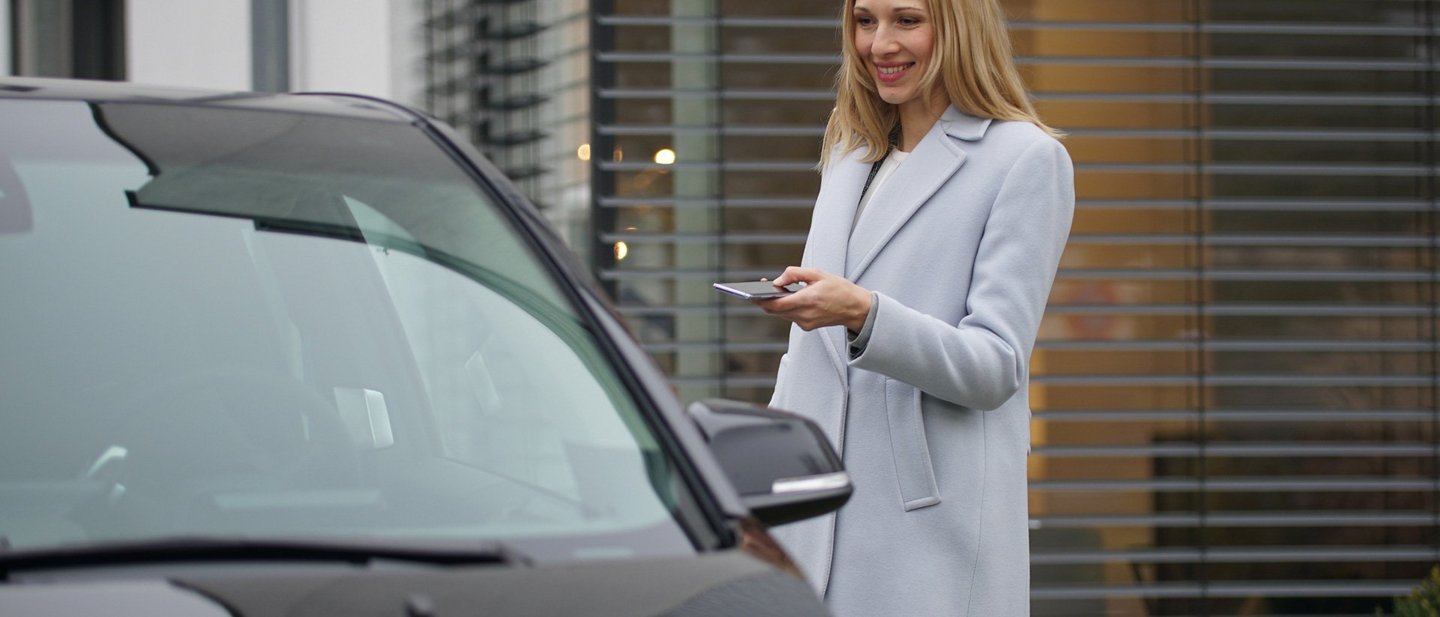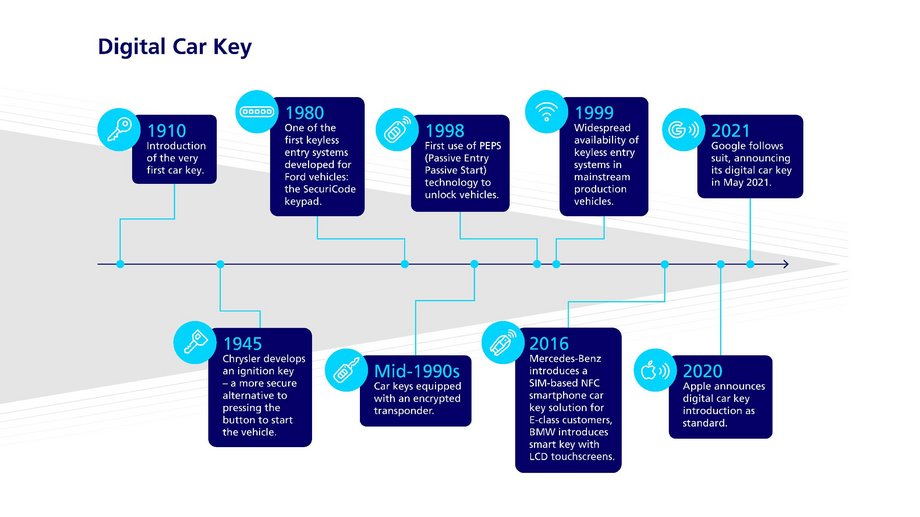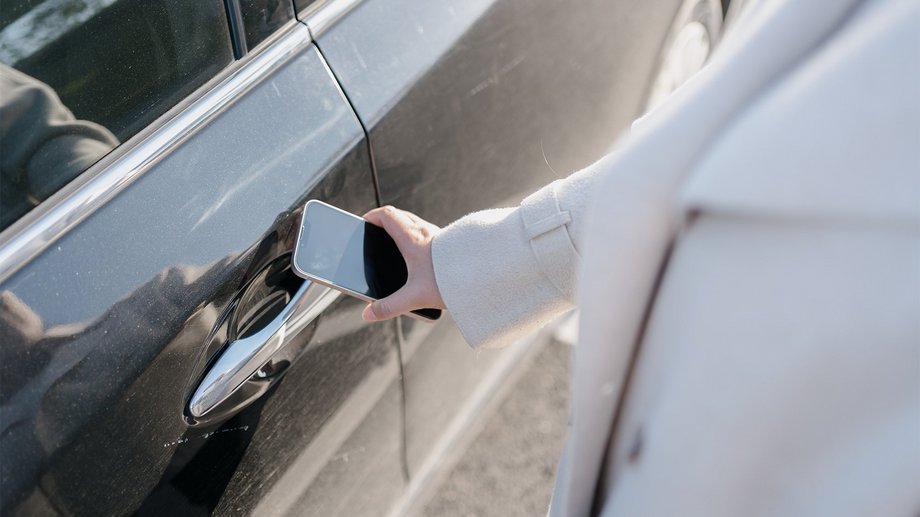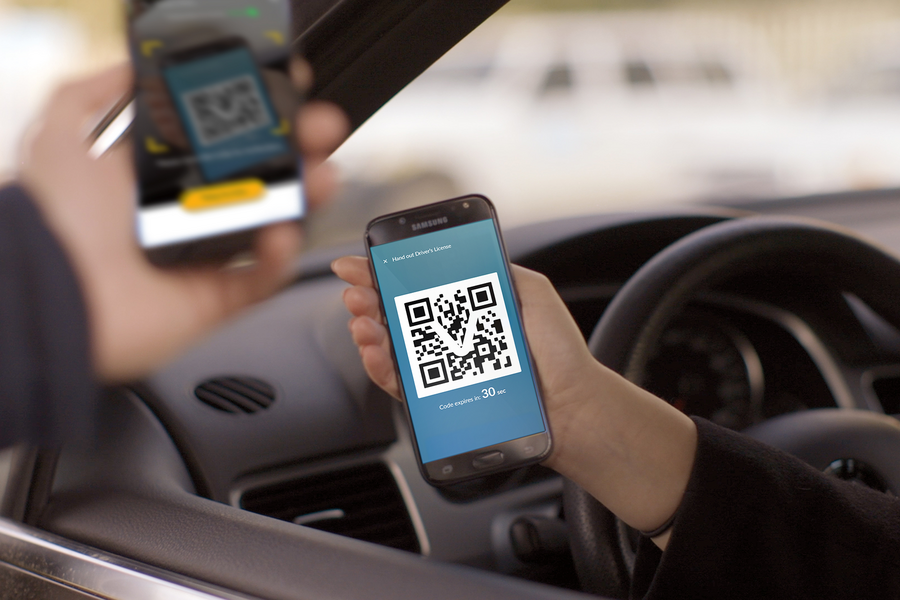The use of the digital car key (DCK) has increased exponentially over recent years, with analyst firm Technavio suggesting that it will grow by 1.45 million units by 2024 (a CAGR of over 6% between 2020 and 2024).

The key to better vehicle security
From cumbersome metal car keys to smart keys that allow us to enter and lock our cars using our smartphones, vehicle entry has evolved considerably over time. Now, new standardized solutions are in the starting blocks, promising increased convenience and security for users.
The reasons for its growth are multiple. There’s an increasing demand for car-sharing fleets and car rental services, with digital car keys as an ideal accessibility solution. The digital car key is a convenient, simple way to access vehicles, and user experience is enhanced with contactless unlocking. Alas, there’s nothing convenient about waking up to find your car gone or your personal data breached, and car manufacturers have been faced with the challenge of fusing convenience with security.

As vehicle complexity grows, turning cars into supercomputers on wheels, the need for enhanced security measures will increase too. Car manufacturers are working hard to implement new technologies to reduce the number of remote attacks, ensuring that theft is ever more difficult.
The good news is that security has improved over recent years. Earlier systems that used PEPS (Passive Entry Passive Start) technology provided hands-free vehicle operation, which made life convenient and comfortable, but the technology meant it was relatively simple for hackers to gain access to the vehicle.
“The digital vehicle key is en vogue, but the management of cyber-risks will be decisive for its widespread use – and its resounding success“
G+D Global Vice President, Head of Consumer/Industrial IoT – TCD Tech Companies and Automotive
When ultra-wideband (UWB) technology was introduced to the market for cars and cellphones in 2020, security improved dramatically. This modern communication protocol, which uses radio waves, is used for the short-distance transmission of messages between devices. Thanks to time-of-flight calculations for localization and distance measurements, UWB is not susceptible to relay attacks, thus preventing one of the most common vehicle theft methods. Nonetheless, in order for security to be maximized long-term, standardization and interoperability must be guaranteed.
Making the digital car key more secure
G+D is a core member of the Car Connectivity Consortium (CCC), the emerging digital car key standard.1 It’s a unique project designed to create a secure end-to-end solution for the automotive industry. An important breakthrough in ensuring maximum security is through the implementation of worldwide standardization, and the Car Connectivity Consortium (CCC) is currently working on this important next step, ensuring that UWB technology becomes a global standard.2 For instance, UWB is used as an option for the latest release of the CCC standard for digital car keys. While our devices continue to improve in terms of performance and capabilities, we trust that they keep our personal data secure and protect our privacy. In terms of the digital car key, there are plenty of mobile apps out there that can be used to access vehicles, provided by car manufacturers, rental companies, and third parties. These apps all use varying and non-interoperable approaches with differing levels of security and privacy protection. With the introduction of a global standard, additional functions are made possible to improve and maximize security.
The CCC solution improves user experience and increases security, fulfilling the highest level of security currently available. It offers interoperability across mobile device and vehicle platforms, meaning that key sharing is possible whatever OS the owners’ phones use.

With increased DCK security, the digital car key isn’t just convenient, and doesn’t just offer robustness; it is also a solution that ensures user privacy and data security are heightened and that theft is made extremely difficult. Together with technology partner STMicroelectronics, G+D is one of the first vendors of CCC-compliant digital car key solutions, featuring secure and comfortable smart access to the connected car via smartphones. This process is ongoing as technology develops.
The recipe to the digital car key’s continued success will be its ability to evolve with growing security threats. As Simon Wakely summarizes, “the management of cyber-risks will be decisive for its widespread use.” With the best security solutions in place, the DCK is set to replace traditional methods of unlocking vehicles.
Published: 24/02/2022
Share this article
Subscribe to our newsletter
Don’t miss out on the latest articles in G+D SPOTLIGHT: by subscribing to our newsletter, you’ll be kept up to date on latest trends, ideas, and technical innovations – straight to your inbox every month.


